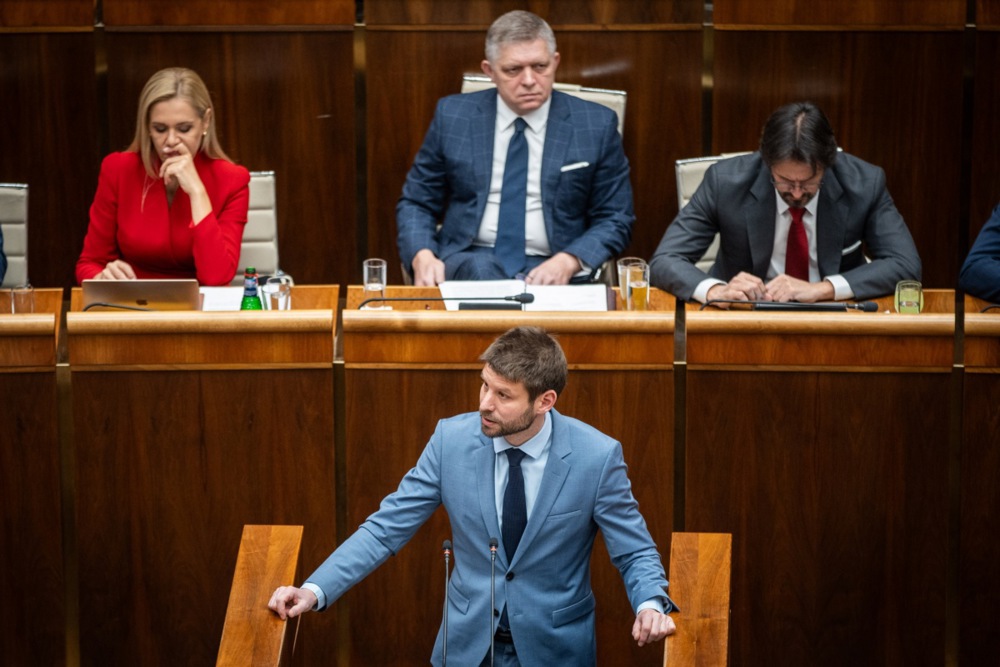Overreach by the European Court of Human Rights (ECHR) will push governments to leave, seminar-attendees heard this week.
Marc Bossuyt, former chairman of the UN Commission on Human Rights and architect of the Belgian asylum system, criticised the ECHR in Strasbourg over what he called its encroaching attitude. The court was taking over the role of democratically elected government and issuing its own policies, he said.
Bossuyt, a professor emeritus of international law at the University of Antwerp, stressed that the ECHR and Geneva convention did not include the right to asylum. ECHR judges have interpreted the conventions so broadly that they could create new de facto laws, it was claimed.
The Belgian made his remarks at a debate yesterday organised by Hungarian think-tank MCC Brussels on the issue in light of the ongoing migration crisis.
“The Court boldly interpreted torture and extended that obligation even to providing a reception standard in receiving countries,” Bossuyt noted.
He said that since the 1970s, the concepts of human dignity have effectively been “degrading treatment”, with added extraterritorial reach, that has completely changed the initial goals and intentions of the international conventions and asylum.
The definition of “torture” was also expanded so much that it led to migrants winning court cases against European Union member states for sending them back to Greece, also a EU member state, because the reception for asylum seekers was not organised well enough.
Bossuyt said that the current definition of torture should not be applied in this way in the EU, where member states are all respectable law abiding entities, with constitutional guardrails.
Some 40 per cent of asylum seekers in Belgium should be handled in other member states, he stated.
The ECHR also raised bars on removals and ordered the freezing of entire programmes, blocking politicians from pushing through much needed reforms. The broad use of the right to family life also made deporting illegal migrants much more difficult, Bossuyt said.
Because of difficulties introduced by the ECHR, some European countries are being overwhelmed by problems with mass migration, he said.
He added that he EU had made things more difficult by adding asylum to the charter of fundamental rights, thereby giving migrants extra opportunities to litigate.
Luke Gitos, a lawyer and legal editor of Spike magazine, said human rights activists have been explicit in their aim to move beyond the nation state. This has led to “rule by legal experts” and a parallel system of accountability, with politicians being sidelined.
A glaring example, he said, was how Brexit was completely overturned by Strasbourg, which also shot down the Rwanda plan to return illegal immigrants by the British Government.
This has led to many on the Right wanting the UK to leave the ECHR in order for the country to be able to act more freely on migration, Gitos said.
He called for a return to a system of civil liberties instead of what he termed the “encroaching discourse of rights”, which took away freedom and decision making power of the people.
Bernadett Petri, Ministerial Commissioner for the Co-ordination of Direct EU Funds of Hungary, pointed to the role of NGOs in urging judges to take ever more power.
All three speakers agreed that it was not so much the laws that were wrong but the judiciary. They pleaded for reform.
Bossuyt said if the ECHR did not change, countries would simply withdraw. Petri called for rules and ethical norms to be enshrined to support better judicial outcomes.
Gittos said it would be difficult to change and reform the court and that leaving would, in fact, be the easier solution.
He called it “a fool’s errand” to aim for change from within.





